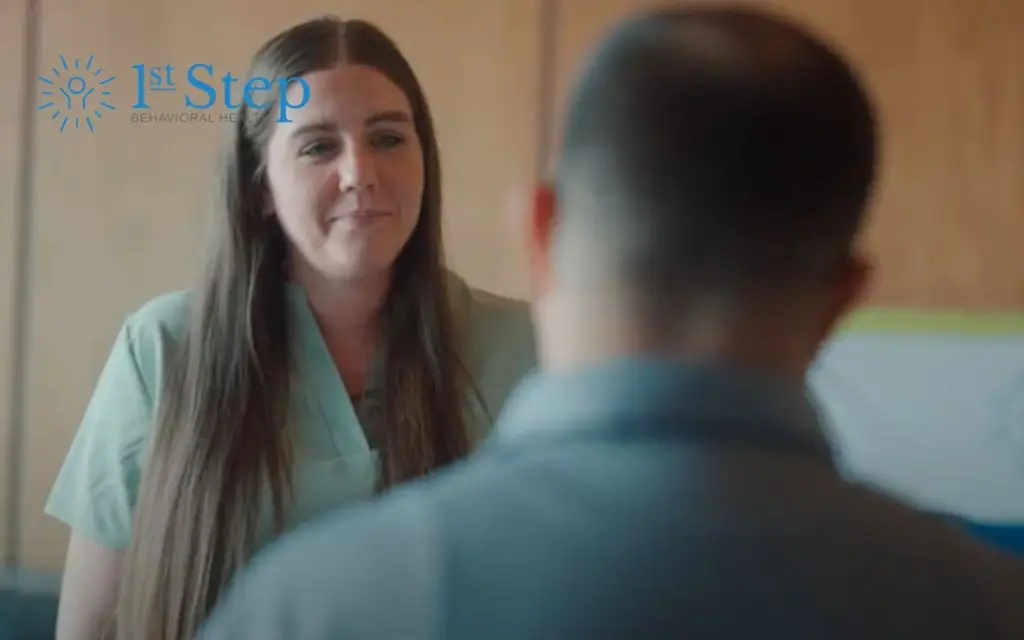Alcohol abuse and addiction affect millions of people in the United States. People with untreated alcohol use disorder (AUD) face higher rates of chronic diseases, mental health conditions, and social problems. Long periods of heavy alcohol abuse can change how a person’s body works, making it almost impossible to stop drinking when they choose to.
Alcohol addiction is a complex condition that requires comprehensive treatment. Treatment plans must include therapies to address the physical, emotional, and behavioral aspects of addiction.
Comprehensive AUD treatment plans include therapy sessions. People may attend individual counseling, group therapy, and family counseling during their treatment.
This article will outline what to expect from alcohol addiction counseling. You will learn:
- How alcohol addiction develops
- What to expect in alcohol addiction counseling in Pompano Beach
- How to determine if you need AUD treatment
- Where to find addiction and mental health treatment in Pompano Beach, Florida
If you or someone you love struggles with drug or alcohol abuse, you are not alone. The First Step offers substance use and mental health treatment that can help people work toward lifelong addiction recovery. Contact our specialists to explore our programs or to schedule an intake appointment.
Understanding Alcohol Addiction
Alcohol addiction impacts individuals and families in many ways. Alcohol abuse can cause serious short and long-term health complications, social and legal issues, and other problems.
Alcohol is legal and widely available throughout much of the United States. People who drink heavily may develop a physical dependence on alcohol. People with alcohol dependence may experience uncomfortable or dangerous withdrawal symptoms if they attempt to quit drinking.
Recovery centers provide medication-assisted treatment (MAT) programs to help people safely detox from alcohol. These comprehensive treatment programs include:
- Round-the-clock supervision
- Medications to reduce withdrawal symptoms
- Treatments for mental health disorders
- Individual therapy sessions
- Group counseling
- Holistic therapies to soothe the mind and body
- Education
Addiction therapies are a critical, evidence-based aspect of comprehensive treatment. Therapy can help people explore and process their thoughts, feelings, and behaviors in new ways. It can help them develop healthy coping skills and new habits that support lifelong addiction recovery.
What to Expect in Alcohol Addiction Counseling in Pompano Beach
Alcohol addiction counseling is essential to long-term recovery. Knowing what to expect from counseling may make it easier to seek this critical kind of care.
People may attend counseling at any level of addiction treatment, including:
- Inpatient and residential programs
- Partial hospitalization programs (PHP)
- Intensive outpatient programs (IOP)
- Outpatient programs
- Aftercare support programs
There are many therapeutic approaches therapists use when working with clients. Here is a quick description of several common addiction therapy methods.
Cognitive behavioral therapy (CBT)
Cognitive behavioral therapy (CBT) is a form of talk therapy. It can help people identify connections between their thoughts, feelings, and behaviors. People learn about what situations may trigger substance use and learn healthy ways to cope with stress. This form of therapy is effective at helping people reduce destructive behaviors, including alcohol abuse.
Contingency management (CM)
Contingency management combines talk therapy and physical rewards for certain behaviors. For instance, someone may receive a gift card for attending therapy sessions or meeting sobriety milestones.
Motivational enhancement
Motivational enhancement therapy helps people understand and enhance their willingness to change. People work with a therapist to identify the positive and negative aspects of sobriety. They also learn new skills that help them improve self-esteem and confidence in their ability to change their behaviors.
Relationship or family counseling
Alcohol addiction affects entire family systems. Family counseling can help families learn about addiction, identify destructive patterns, and make meaningful changes that support sobriety.
Mindfulness-based therapy
Mindfulness-based therapy encourages people to stay grounded in the present moment. People learn practical skills that help them reduce stress and improve emotional regulation. This form of therapy allows people to reduce impulsive, destructive behaviors like alcohol abuse.
Group therapy
Group therapy, including 12-step groups, can reduce isolation during recovery. It can also help people build essential communication skills and learn from others’ experiences.
People may attend individual or group therapy sessions as part of their substance use disorder (SUD) treatment. They may attend therapy in a clinic, treatment facility, community center, private practice, or other settings.
Do I Need Alcohol Addiction Treatment?
Alcohol abuse, including binge and heavy drinking, is common throughout the United States. It can be challenging to determine when drinking has become problematic or dangerous.
Some signs you may need alcohol addiction treatment include:
- Needing to drink more to get “buzzed” or being able to drink a lot without feeling or appearing intoxicated
- Having cravings for alcohol
- Experiencing withdrawal symptoms (tremors, sweating, nausea, anxiety, insomnia) if you stop drinking
- Doing risky things while drinking, such as driving after drinking or having unprotected sex
- Isolating more
- Falling behind at work, school, or responsibilities at home because of your drinking
- Wanting to reduce or stop drinking but finding it very hard to do so
Alcohol abuse can quickly turn into a life-threatening addiction. Seek treatment as soon as you recognize the signs of alcohol abuse.
Find Pompano Beach Alcohol Addiction Counseling Now
If you or someone you love needs alcohol addiction counseling or treatment, you are not alone. Find the treatment and support you need at First Step. Contact our intake specialists to learn about our programs or to schedule an intake appointment.
Jump to a Section
Call (855) 425-4846
